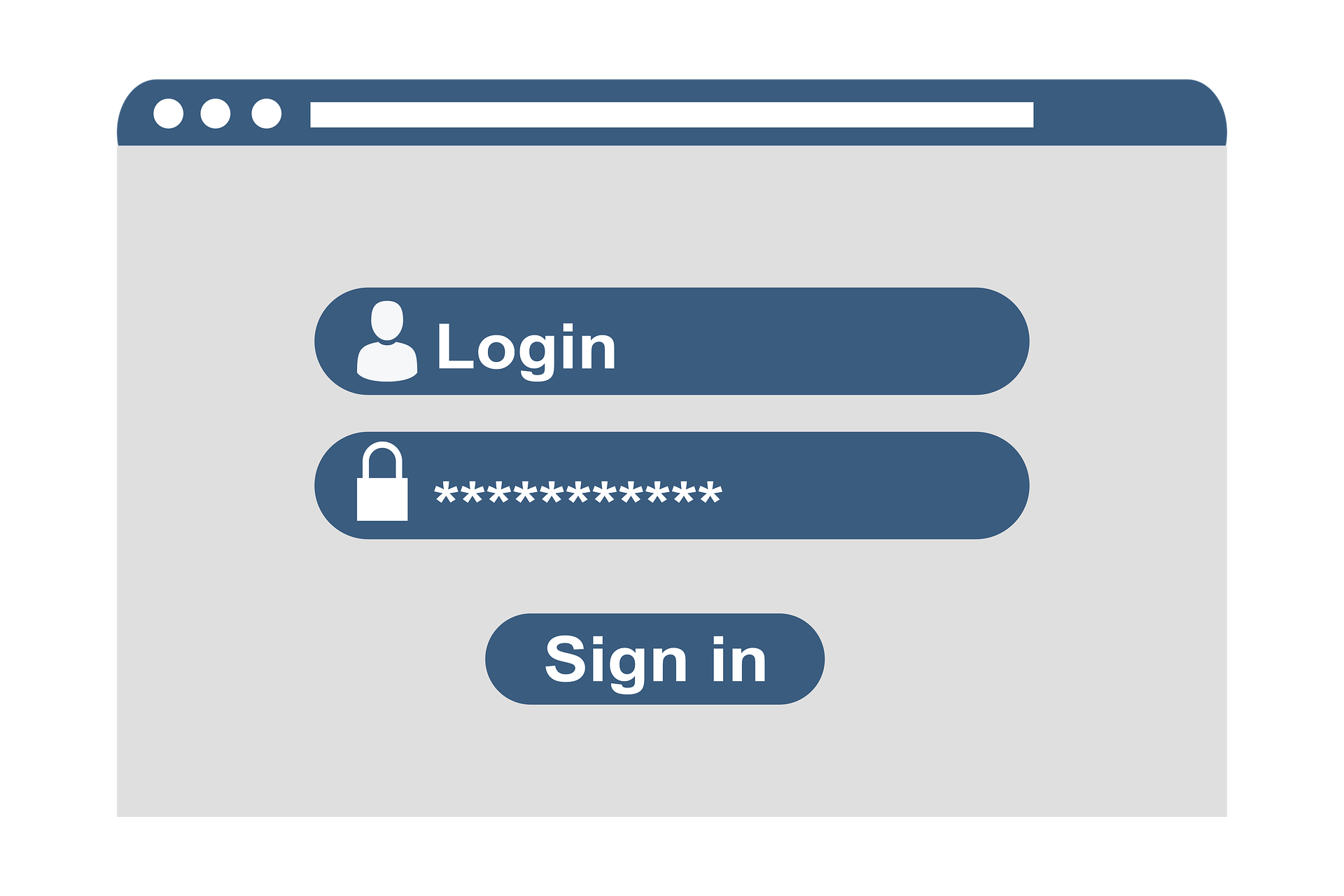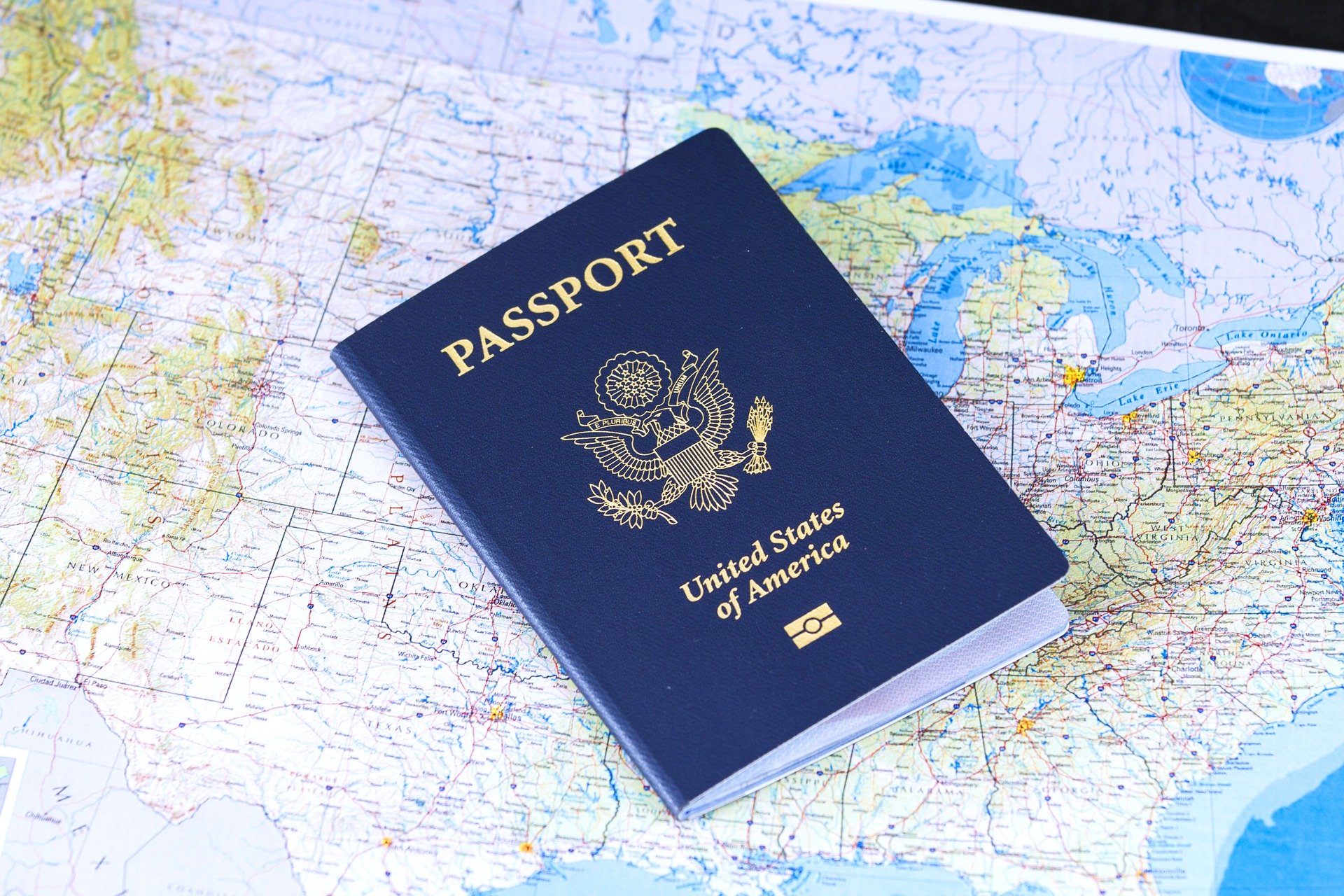H-1B season has officially kicked off!
The new mandatory H-1B electronic registration system for fiscal year 2021 opened yesterday at noon ET on March 1, 2020 and will remain open until noon ET on March 20, 2020.
In order to have a chance of being selected, from now on all prospective petitioners and their authorized representatives seeking to file H-1B cap-subject petitions for FY 2021, including for beneficiaries eligible for the advanced degree exemption, must first register during the registration period (March 1, 2020 to March 20, 2020) and pay the associated $10 registration fee for each beneficiary.
Only petitioners with a selected registration may participate in the H-1B filing process.
Registering is Easy
Petitioners and their authorized representatives must create a myUSCIS online account and submit registrations for each beneficiary via their online account during the registration period.
Per USCIS:
Prospective H-1B cap-subject petitioners or their representatives are required to use a myUSCIS online account to: 1) register each beneficiary electronically for the selection process and 2) pay the associated $10 H-1B registration fee for each registration submitted on behalf of each beneficiary. Prospective petitioners or their representatives will be able to submit registrations for multiple beneficiaries in a single online session. Through the account, they will be able to prepare, edit and store draft registrations prior to final payment and submission of each registration.
 Visa Lawyer Blog
Visa Lawyer Blog











